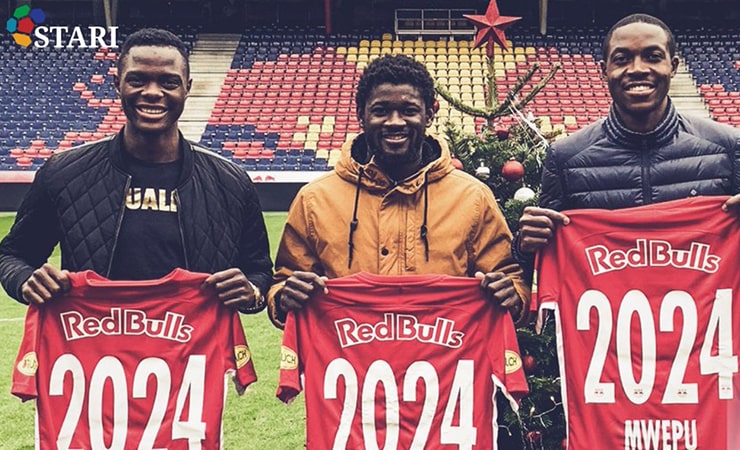There’s no job which involves as much relocation and immigration as football. It’s rare for players to join the local football academy, then play in the home club and retire. While some restrictions are still in place, clubs are pretty much free to sign players from all over the world, at allotted transfer windows.
This creates many situations where a player is moving between clubs, cities, countries and even continents. This is especially prominent with younger players, transferring from their native countries, mostly to Europe, arguably the best football location, with most money, highest-rated competitions, and record-breaking footballers. Even Leo Messi, considered by many the greatest footballer of all times, was scouted and moved to Barcelona from Argentina at just 13 years old.
Unlike Messi, who had the talent, the supportive infrastructure and most importantly, could speak Spanish at Barcelona, many transferred players don’t have those benefits. Therefore, we are faced with a situation when a young person, sometimes just a teenager, is arriving on a new continent, with vast cultural differences and unfamiliar language spoken around. There are no restaurants serving food from home and all the friends and family are far away. That is not to mention the racist abuse, still sadly common online and in the stadiums.
These scenarios are frequent in Europe, especially with players from Africa. The richer clubs are usually equipped to deal with these situations – they can find work and fund the relocation for the player’s family, offer psychological guidance, and even cook the player’s favorite meals! Unfortunately, most clubs, even if recognizing the adaptation difficulties of their African players, don’t have the resources to invest in these crucial issues.
A player that faces adaptation difficulties isn’t 100% concentrated on football. He might be depressed, irritated, and anxious. We at Stari, and all our partner clubs, understand the necessity of providing round-the-year assistance to our players. The job of the football manager is to fix the issues on the pitch; the job of the club management and support staff is to find solutions off the pitch. We do that by providing regular psychological assistance by licensed therapists and taking care of our players’ different needs, like ensuring the well-being of their families and adaptation to the cold European temperatures.
Moving from another continent with vast physical and cultural differences and providing continuous results in a high-stress environment demands enormous fortitude and the right mentality. It is the job of the football club to guarantee the easiest transition possible for their foreign players and let them focus on the important issue – showing their talents on the pitch.



